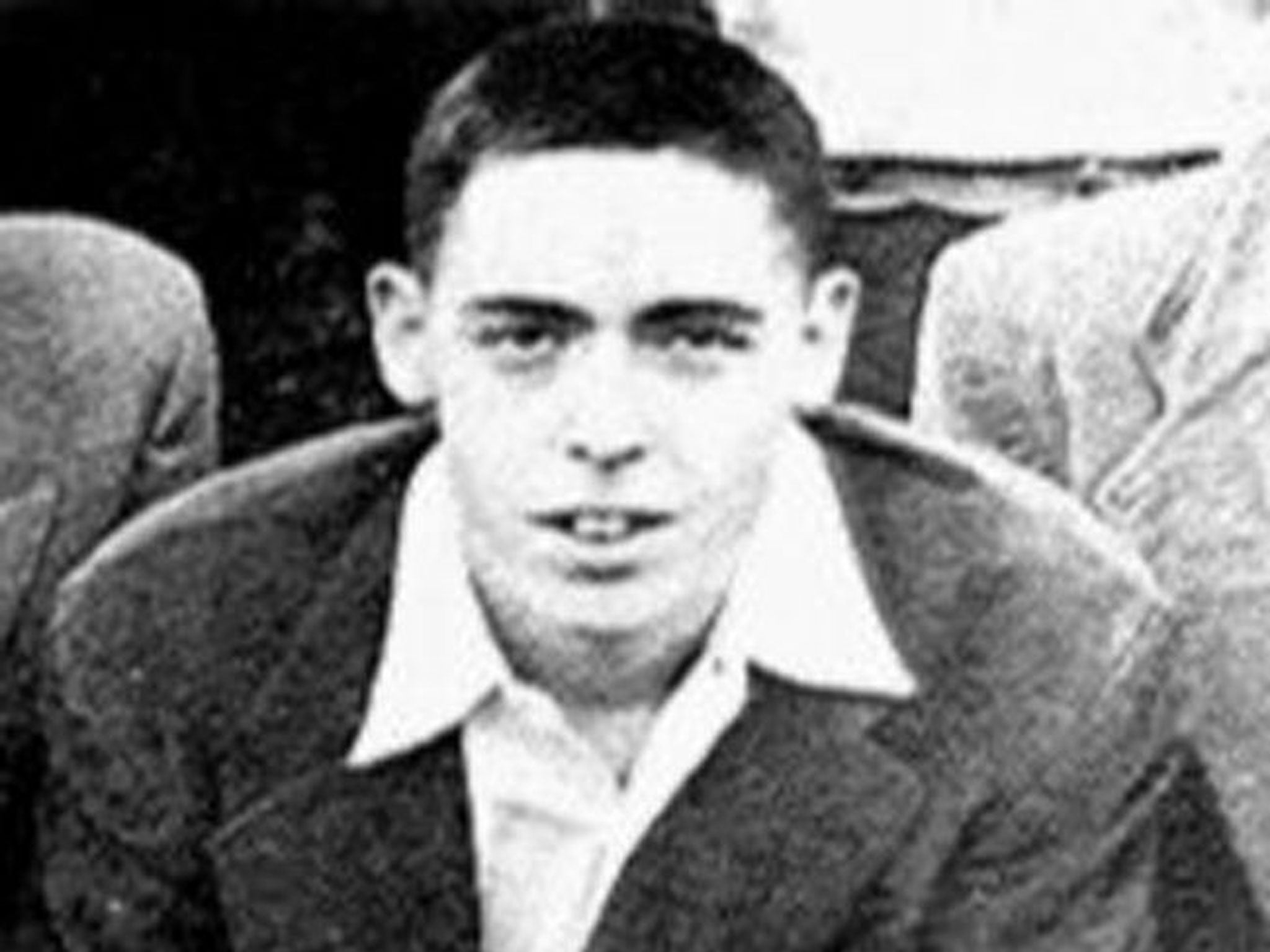The Crying of Lot 49 by Thomas Pynchon, book of a lifetime: Thundering originality and depth
Pynchon's book revealed what kind of fiction Ned Beauman had to write

Your support helps us to tell the story
From reproductive rights to climate change to Big Tech, The Independent is on the ground when the story is developing. Whether it's investigating the financials of Elon Musk's pro-Trump PAC or producing our latest documentary, 'The A Word', which shines a light on the American women fighting for reproductive rights, we know how important it is to parse out the facts from the messaging.
At such a critical moment in US history, we need reporters on the ground. Your donation allows us to keep sending journalists to speak to both sides of the story.
The Independent is trusted by Americans across the entire political spectrum. And unlike many other quality news outlets, we choose not to lock Americans out of our reporting and analysis with paywalls. We believe quality journalism should be available to everyone, paid for by those who can afford it.
Your support makes all the difference.If you look at the rings of a tree stump you can sometimes identify the years when the tree was struck by lightning. In much the same way, if you were to cross-section whatever lobe or cortex of my brain is responsible for my writing, I like to think you could still make out the scorch left behind there by my first reading of pages 48-50 of Thomas Pynchon's The Crying of Lot 49.
Novelists are often asked to list their influences, and on the whole the minimal unit of literary influence is a whole book; here, I can narrow it down to 10 paragraphs, a couple of minutes' reading. I won't say that a whole world opened up. On the contrary, my options narrowed. There was no longer any uncertainty about what kind of fiction I had to write.
The scene in question finds Oedipa Maas, Pynchon's protagonist, sitting in a theatre in San Narciso, California, watching an amateur production of an obscure Jacobean revenge drama, The Courier's Tragedy. I won't spoil anything except to say that you get an intimation of something very sinister in the historical background of the play. As the novel goes on, this intimation becomes more defined, and, consequently, defanged; but here, at the start, it sends a sub-zero shiver down your spine.
What astonished me about the scene on first encounter was that this was clearly a book of thundering originality and depth and lyricism, a book with the highest intellectual aspirations – and yet it also seemed to be concerned with creating genuine suspense. This was, and is, a completely unfamiliar combination. Yes, there are plenty of "serious" novels that withhold data, that make you feel vaguely curious, that even contrive an atmosphere of dread, albeit very mild and diffuse, three or four parts per million. But not like this. This was engineered like a rocket.
I've never read another novel that pulls off the same double (and I've never succeeded in writing one). In theory, the first place to look would be Pynchon's other books. Well, I won't pretend I've got through them all yet, but it seems as if his longer, woolier excursions are not as hospitable to this kind of knifepoint thrill. It's subjective, what can grip you in that way, on every level at once. But from my point of view, The Crying of Lot 49 is one of a kind: in my reading life, in Pynchon's 50-year career, and probably in the recent history of literature.
Ned Beauman's latest novel, 'Glow', is out in paperback
Join our commenting forum
Join thought-provoking conversations, follow other Independent readers and see their replies
0Comments